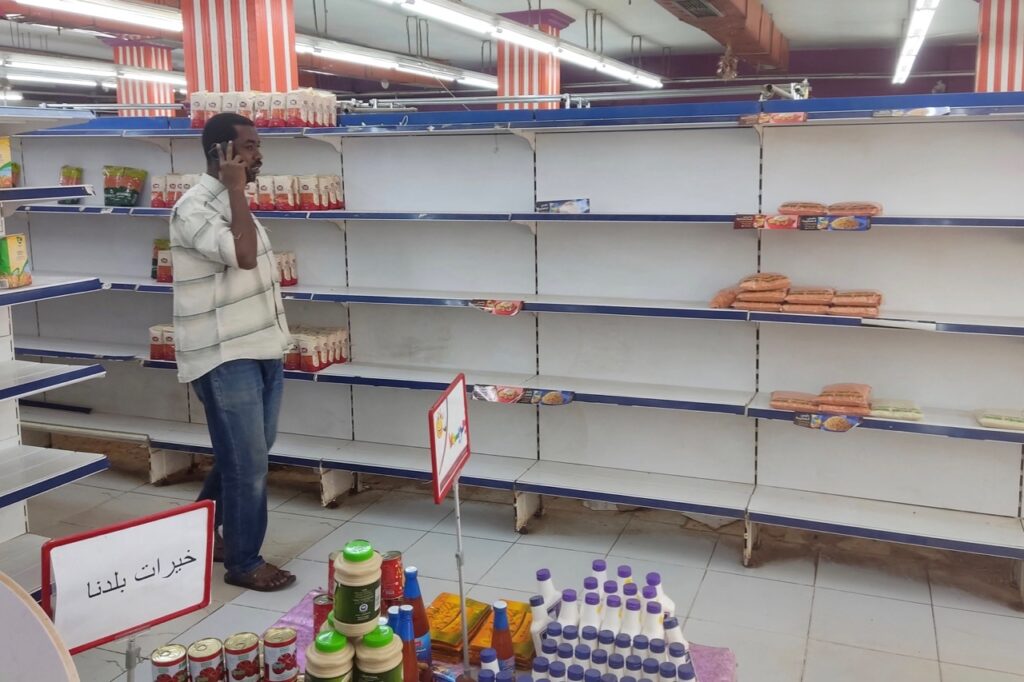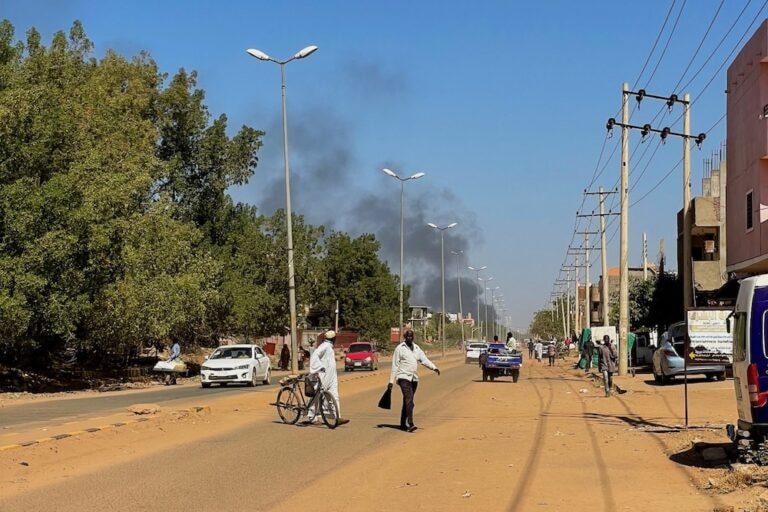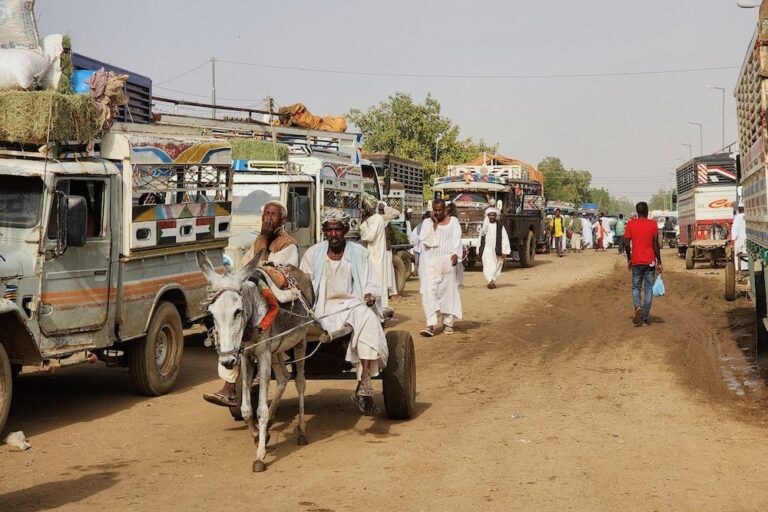"Conflicting information and polarizing propaganda create confusion and could lead to actual harm on the ground."
This statement was originally published on smex.org on 19 May 2023.
For the past month, disinformation has been raging across social media platforms in Sudan. The Sudanese Armed Forces (SAF) and the paramilitary Rapid Support Forces (RSF) compete to control the online narrative, no matter the cost.
The problem of fake news and misinformation has always plagued Sudan’s digital spaces, becoming most harmful during armed conflict and political unrest. On the one hand, the RSF heavily relies on tweets and inauthentic behavior to spread its agenda and influence local and international opinion. To a lesser extent, the Sudanese army uses Twitter to refute RSF claims and boost army morale with false victory claims.
Information war on Twitter
Often run by government organizations and political rivals who aim to spread their propaganda, disinformation is false information intended to mislead. One of its most tragic consequences is that it endangers the most vulnerable. During times of conflict or displacement, when access to necessities like food and water is limited, people often rely on information from official sources on social media as a lifeline.
“Those seeking refuge from the conflict turn to social media for updated guidance and resources; fake accounts misuse this public panic and exploit and mislead those in need,” said Azaz ElShami, a Sudanese-American human rights advocate and independent consultant interviewed by SMEX.
Blue-ticked and with over 100K followers, the RSF’s Twitter account and online support network play a key role in spreading disinformation. The page runs unhinged on Twitter, although the paramilitary group has committed countless crimes against humanity in Sudan, raising serious questions about the platform’s commitment to safeguarding human rights.
Twitter has aided the RSF by allowing it to exist officially online and giving it a virtual platform for setting its agenda. For example, the most recent assault on the Sudanese capital on May 12 was marked with aggressive tweets by the RSF falsely claiming complete control of Khartoum and other misleading information. However, trusted media agencies and sources close to SMEX reported ongoing fighting in the capital, contradicting the RSF’s claims.

The RSF also launched a defamation campaign against the Sudanese army on Twitter, accusing it of targeting civilians. These statements were disseminated in both Arabic and English to manipulate public opinion locally and internationally.

“The conflict in Sudan is very polarizing, and the political narrative is divisive,” Azaz ElShami told SMEX, explaining how the RSF is using Twitter to construct a problematic online narrative. SMEX’s digital research consultant scrapped and textmined RSF Tweets between May 15 and April 15, 2023, revealing RSF’s agenda-setting strategy. Some examples of the most frequently used hashtags include:
| Arabic | English | Percentage |
| قوات_الدعم_السريع | Rapid Support Forces | 20% |
| حراس_الثورة_المجيدة | Guards of the glorious revolution | 14% |
| معركة_الديموقراطية | The Battle for Democracy | 14% |
Most frequent hashtags between April 15 and May 15, 2023, RSF on Twitter
Idealizing the RSF’s leader Dagalo and his role in their military assault and calling it a “revolution” and a “battle for democracy” in the hashtags is deceptive, considering that the RSF is a paramilitary group trying to hijack political power by force. Over 15% of RSF’s tweets published between April 15 and May 15 are in English, focusing on spreading false information about the Sudanese army, presenting the latter in a misleading light to an international audience.
In other examples, the RSF uses civilians’ statements as propaganda videos, where they film merchants and drivers living “normally” under RSF control, misleading the Sudanese people and manipulating public opinion to their favor. In reality, RSF fighters have been setting up bases in residential neighborhoods and people’s homes to gain an advantage over the SAF’s heavy weaponry.
On the other hand, the Sudanese army employs defensive disinformation tactics to maintain troop morale and public support for the government. Unfortunately, this approach poses significant harm to the local population, placing particularly vulnerable groups at risk.
Digital rights expert Khattab Hamad, interviewed by SMEX, highlighted disinformation cases that posed significant risks to the livelihood and safety of Sudanese people. One example involved the Sudanese army falsely claiming to have regained control of the main building of the Radio and TV station in the capital, when in fact they did not.

Such fake proclamations of victory give citizens and journalists the illusion of safety when there is still danger on the ground, rather than warning them to be more cautious. A local source told SMEX that one journalist working for a local news agency visited the Radio and TV building right after the announcement, only to meet RSF fighters, an encounter that could’ve been deadly.
Lastly, the Sudanese army falsely claims that the Sudanese capital and other areas are safe, despite being a battleground for both armed forces. According to Khattab, such claims have placed many families in imminent danger, especially those displaced to other regions. Tweets and official statements from the SAF and affiliated pages describing the battles as “very limited skirmishes” undermine the severity of the fighting and place millions of lives in danger.



